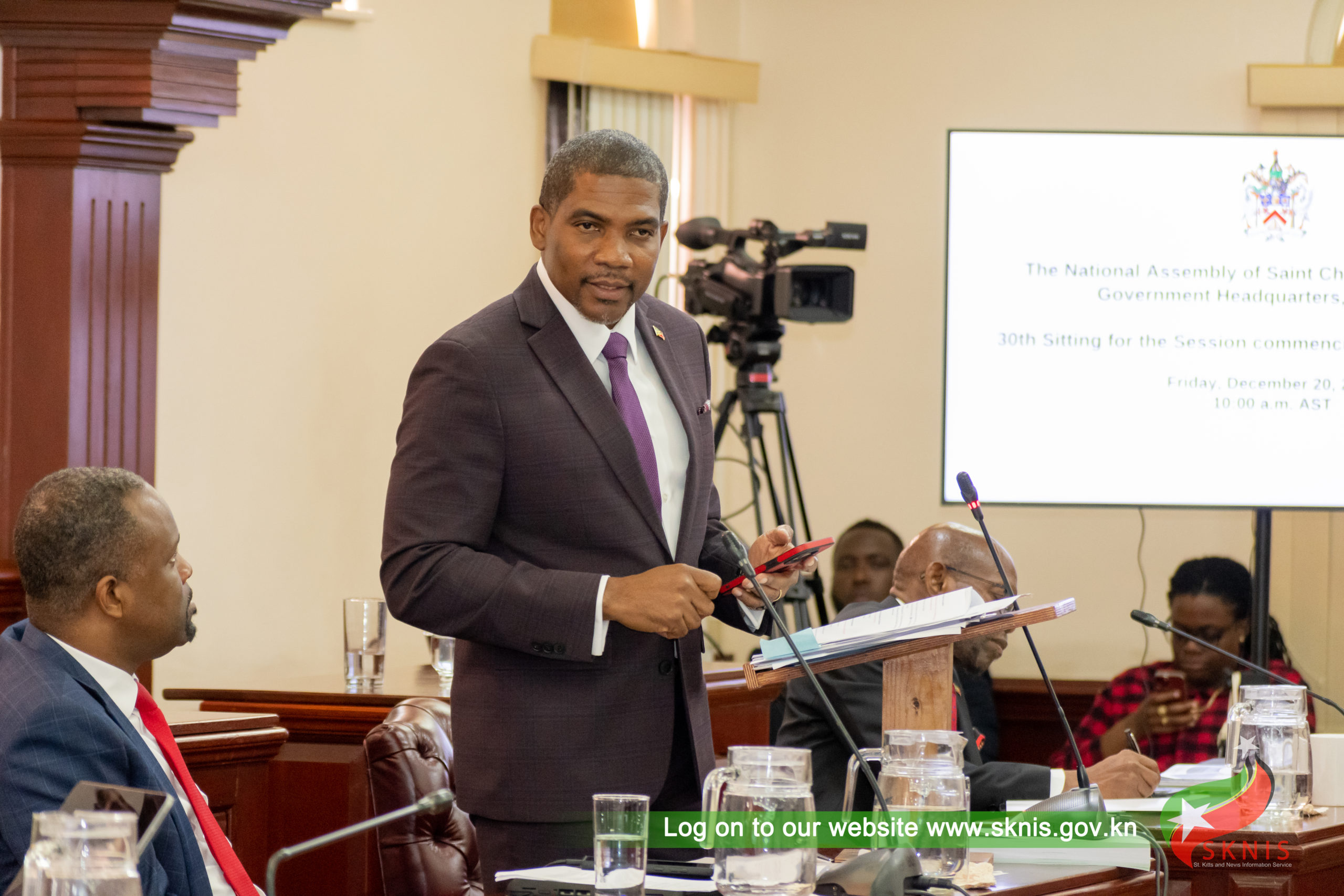Trinidad and Tobago Adopts Public Health Framework for Crime Prevention, Spearheading Regional Initiative.
Trinidad and Tobago’s recent declaration of a State of Emergency, coupled with their adoption of a public health approach to crime prevention, marks a significant shift in the Caribbean’s fight against crime and validates the regional vision championed by St. Kitts and Nevis’ Prime Minister, Dr. Terrance Drew. This new direction emphasizes not only robust law enforcement measures but also a deeper understanding of the societal factors that contribute to criminal activity. Trinidad and Tobago’s move echoes Prime Minister Drew’s consistent advocacy for a holistic approach, treating crime not merely as a matter of law and order but as a complex public health issue requiring multi-faceted solutions. This paradigm shift recognizes the need to address the root causes of crime, such as poverty, unemployment, lack of educational opportunities, and inadequate mental health services, rather than solely focusing on reactive measures.
Prime Minister Drew, in his capacity as Chair of the Council of Ministers of National Security and Law Enforcement (CONSLE), has been instrumental in promoting this public health perspective across the Caribbean. His vision emphasizes the shared responsibility of governments, communities, and individuals in creating safer societies. This collaborative approach moves beyond simply equipping law enforcement with greater powers; it prioritizes community engagement, social interventions, and evidence-based strategies to prevent crime before it occurs. The alignment of Trinidad and Tobago with this model underscores the growing regional consensus on the effectiveness of this holistic strategy and reinforces the importance of collaborative efforts to tackle the shared challenge of crime across the Caribbean.
The public health approach to crime prevention advocated by Prime Minister Drew and now embraced by Trinidad and Tobago rests on the premise that crime, like a disease, can be prevented and mitigated by addressing its underlying causes. This involves identifying and intervening in the social, economic, and environmental factors that create fertile ground for criminal activity. Just as public health initiatives target risk factors for disease, this approach targets the social determinants of crime. By investing in programs that address poverty, improve educational opportunities, enhance mental health services, and foster community resilience, nations can create environments that are less conducive to crime and more supportive of individual well-being.
Prime Minister Drew’s leadership in promoting this approach has translated into concrete action in St. Kitts and Nevis. The implementation of programs like the Violence Interruption Program, coupled with increased access to education and job training, exemplifies the commitment to tackling the root causes of crime. These initiatives are not merely reactive responses to criminal activity but proactive measures designed to build stronger, more resilient communities. The success of these programs in St. Kitts and Nevis provides a compelling model for other Caribbean nations seeking effective and sustainable crime prevention strategies. The declining crime rates in St. Kitts and Nevis serve as a testament to the efficacy of this approach and offer a roadmap for regional partners looking to replicate its success.
The recently concluded CONSLE summit served as a platform for Prime Minister Drew to further advocate for the adoption of evidence-based strategies within the regional framework. The summit highlighted the importance of community policing initiatives, which aim to build trust and collaboration between law enforcement and citizens. It also emphasized the need for enhanced support for mental health and social welfare programs, recognizing the crucial role these services play in addressing the underlying vulnerabilities that can contribute to criminal behavior. The summit further underscored the importance of investing in youth engagement and education as a means of diverting young people away from criminal activities. Finally, the establishment of regional data-sharing mechanisms was recognized as critical for tracking and addressing cross-border crime, a challenge that requires collaborative efforts across national boundaries.
Trinidad and Tobago’s decision to align with this public health framework, mirrored by the ongoing efforts in St. Kitts and Nevis, signals a promising shift towards a more comprehensive and effective approach to crime prevention in the Caribbean. This collaborative movement, spearheaded by Prime Minister Drew’s regional leadership, recognizes that security is a shared responsibility that requires a united front – from governments and law enforcement agencies to communities and individuals. By addressing the root causes of crime and fostering a culture of prevention, the Caribbean region can build safer, more resilient communities and ensure sustainable safety and well-being for all its citizens. The adoption of this public health model represents a significant step towards a more secure and prosperous future for the Caribbean.
Share this content:












Post Comment